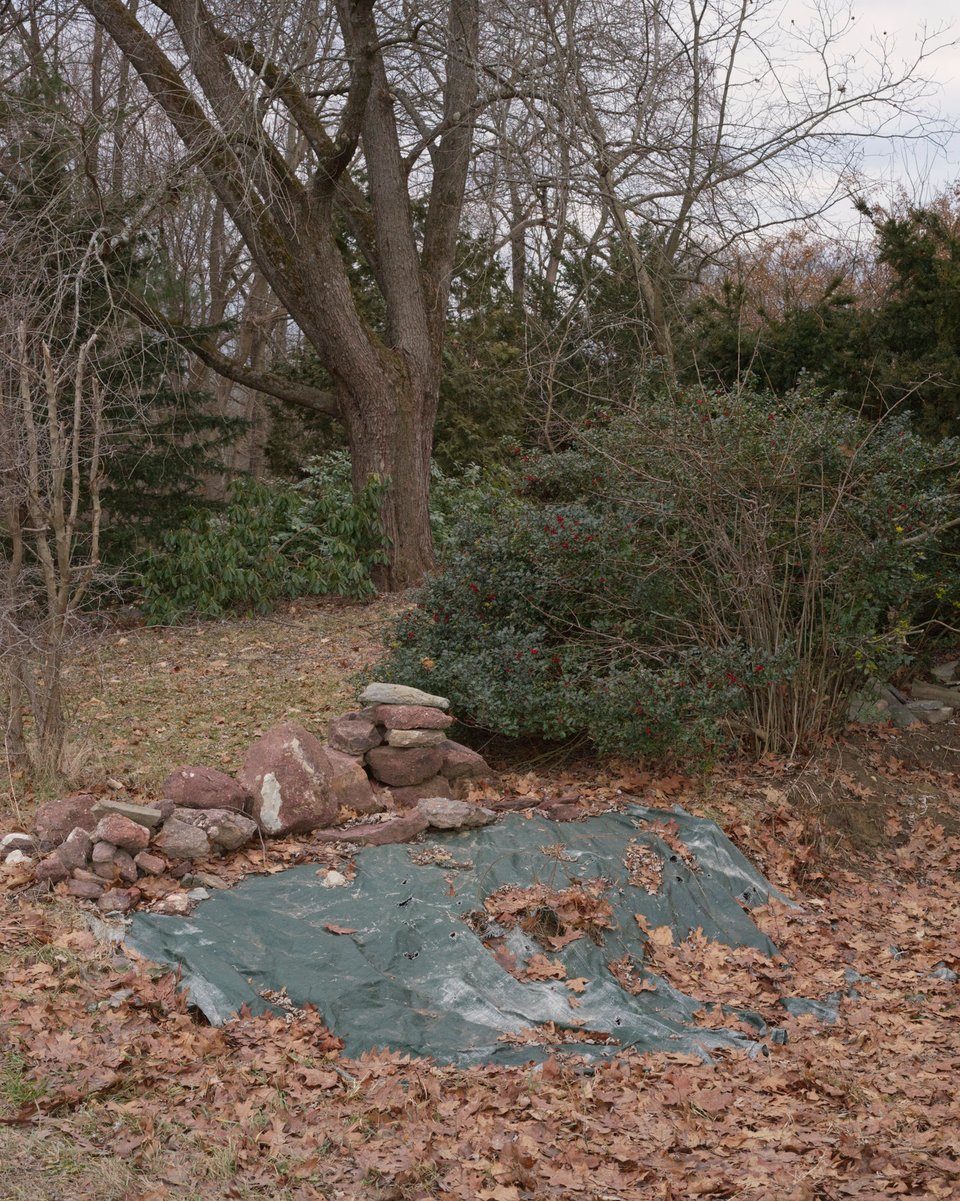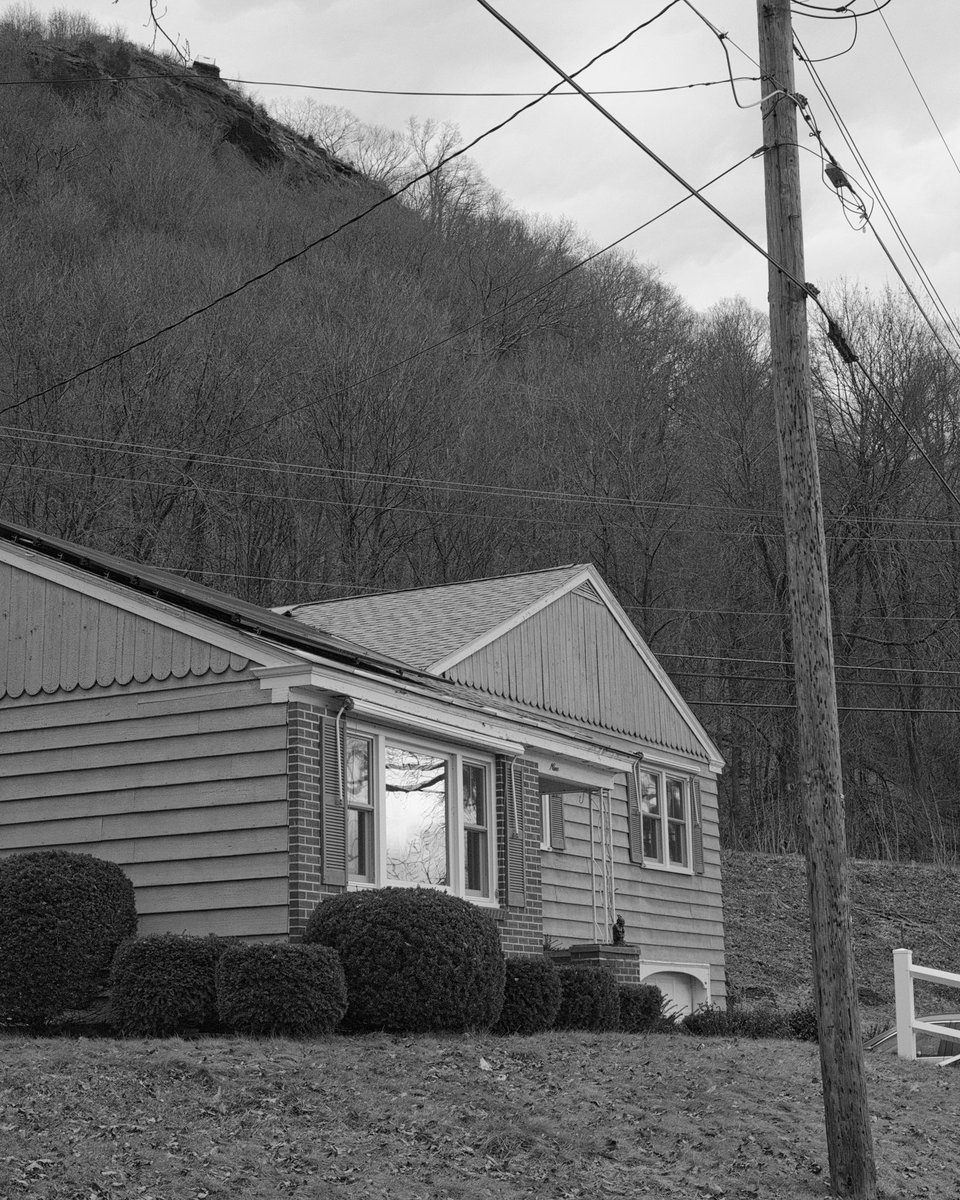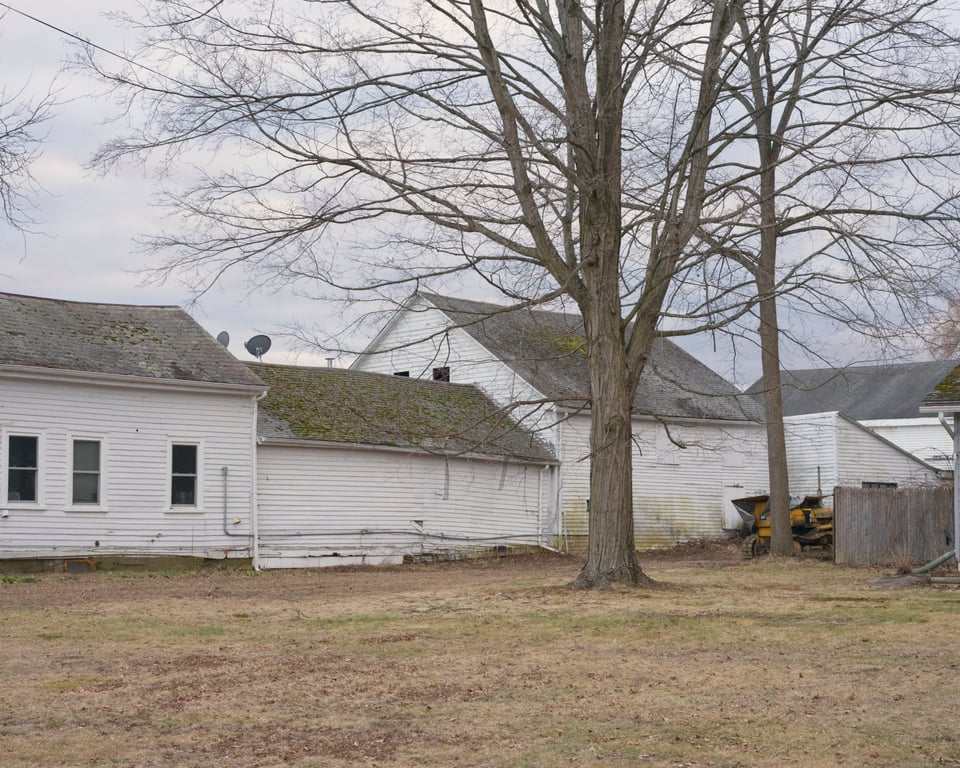On geniuses, hard work, rabbit holes, and lost cats
Welcome to the 110th edition of this newsletter!
With each email I'm sharing material that has inspired me recently. I'm hoping it will inspire you, too. If you want to support my work, you can sign up for my Patreon. This will get you access to exclusive material every week.
If Patreon is not your thing but you enjoy what I'm doing, feel free to send me a little something via Paypal. I'll use the funds to pay for the fee the service provider of this Mailing List charges me every month. If there's money left, I'll invest it into the Japanese green tea that fuels much of my creative work.
Because of a change in my employment situation, I am now finding myself with a lot less time to write. Before, I typically had the time to write out a full email. Now, the work is getting done in chunks.
I'm still not fully adapted to the situation; and I hope the chunky work does not translate into poorly fragmented writing.
Then again, that's a thing these days, fragmented writing (albeit not the poorly done kind), writing that violates the standard rules of "good writing". Sheila Heti just published a new book entitled Alphabetical Diaries. The book has me really intrigued because of the way it was assembled. First, its parts were written. And then they were re-arranged, alphabetically.
But then, the idea might sound cooler than the actual outcome. I'll have to read it.
Happens with photography all the time.

I took this picture the other day. Later, in front of the computer, I thought that that greenish tarp looks like a pond, and the whole scene resembles a Japanese garden. You either see it or you don't. And even if you see it, I'm not sure it's really so interesting.
I'm now a bit over 100 pages into the second Richard Avedon biography I started reading (see my previous email). I have concluded that this one is just as bad, albeit in different ways. Originally, I thought that as a writer, I could get some mileage out of this exercise. Now, I'm not so sure any longer.
What's wrong with Philip Gefter's book about Richard Avdeon? Why am I so goddamn picky? Well, the title might give away the premise -- What Becomes a Legend Most. In the introduction, Gefter lays out his premise, writing on the third page that Avedon was to be counted "among the greatest portrait photographer" (debatable, but OK, why not: if you later justify that word choice) "along with Irving Penn, to whom he would become tethered in history as Picasso is to Matisse; Pollock to de Kooning; and Roth to Updike."
If as a writer, you tie yourself that early into your piece to the dreaded old "genius" discourse, then you have nowhere else to go. Everything the man did has to serve that narrative. And so in the book, every piece of information, however mundane, supports the theory that Avedon was a genius.
The problem with that idea isn't only the genius aspect (remember the email from a while ago about art monsters?). It's also that for a reader, there is precious little insight to be had, and it's almost impossible to avoid the whole affair becoming an exercise in hagiography (which, sadly, it is).
There also is the occasional passage where I started laughing in sheer disbelief of what I had encountered. Behold this following part:
New York was becoming an increasingly vertical city -- masculine and erect, as if always at the ready for the next new thing. [...] Paris, by contrast, was low and horizontal, exotic and elegant and feminine.
Really? I mean, I get it, the passage is about the 1940s. Still... I mean: do you really want to use such a blatantly sexist metaphor?
Anyway, in both books, Avedon -- always just called "Dick" -- is being presented as a genius. But there is almost no talk of how hard he actually worked. Whatever you want to say about Avedon and regardless of whether you like his work or not, he spent enormous amount of time on his photography (occasionally at the expense of those around him).
That aspect of "genius" pretty much never pops up, doesn't it? It contradicts the idea of the genius, to whom everything comes easy. But guess what? It doesn't. Hard work is what it takes to produce some incredible creative work.
(The fact that hard work is always excluded from genius narratives is especially puzzling in a country like the US, whose foundation is that if you work hard, you can make it. I feel like there's some insight to be pulled out of that; maybe that's for later.)
At some stage into the second Avedon book, I had second thoughts about the premise of my own exercise: what if this is just a wild-goose chase? What if there is no actual insight into Avedon's work to be had after reading 500+ pages of biography?

Another new picture. I'm just sharing these so I have some spacers in between all this text.
I know from having done this before that wild-goose chases and diving into rabbit holes is my thing. This might strike you as unproductive. I don't think it necessarily is -- even though of course, it can be.
It's only unconditionally unproductive if you use a very narrow, utilitarian approach to spending ("investing") your time, an approach that uses a predetermined outcome a criterion for whether or not the time spent was spent well. Over the years, I have learned that it usually is the unexpected outcomes that yield the deepest insight -- even if said insight is far from what I set out to explore (or even has nothing to do with it).
You just have to know when to pull the plug, when, in other words, there either are no outcomes to speak of -- or when you've truly reached a dead end.
I'm trying to figure this out with the Avedon books and the idea that had me dive into them in the first place. I still maintain that Avedon did produce some very interesting work.
Maybe Nothing Personal is such a good book not because its photographer was a genius, but because the rather simplistic over-the-topness of the photography in this particular case serves its particular subject matter so well?
If that were the case, there would be no further need for me to try to find out more about Avedon -- assuming whatever I might be looking for could even be had from the books.

When I took these pictures, I met my new landlord who also was on a walk. We chatted a bit, both not knowing that he had just locked his cat (whose name is "Cat", just like Columbo's dog is called "Dog") in his little shed.
Later, we both worried profusely about the cat. I went out with a flashlight to look for it. The next day, the riddle was solved, and Cat was back.
I'll have to try to take a picture of Cat. She's very small, and her facial expression is one of constant judgment.
Well, anyway, that's it from me for today. There now is work to be done.
As always thank you for reading!
-- Jörg